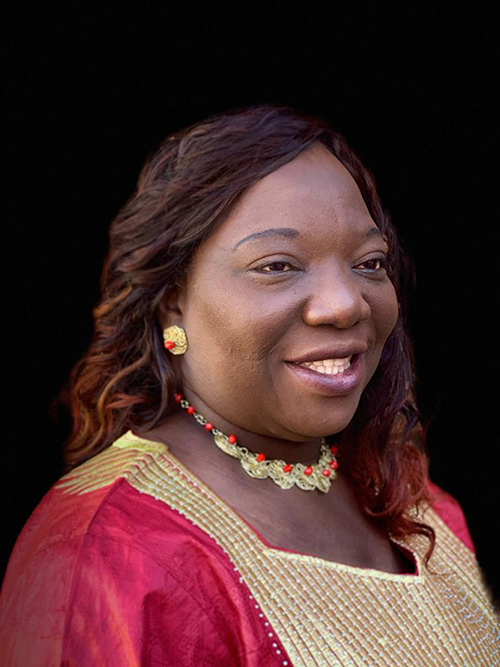Prof Olubukola Oluranti Babalola is not afraid to push boundaries and this top-achieving academic is the epitome of excellence.
Prof Babalola is the director of the Food Security and Safety research focus area at the North-West University (NWU), leading as the head and principal investigator of a microbial biotechnology research laboratory.
A National Research Foundation-rated scientist, she has more than 20 years of research experience focusing on rhizosphere metagenomics. Prof Babalola holds 56 certificates in her professional interest areas from different universities, including an MBA in general management and a PhD in microbiology with the International Institute of Tropical Agriculture.
She is also a member of the Organisation for Women in Science for the Developing World, a member of the editorial board for Applied and Environmental Microbiology (American Society for Microbiology, USA), BMC Microbiology (Elsevier) and Biochemistry Biophysics Reports (Elsevier). She is also an International Advisor to F1000Research Plant Science Gateway and Nano-Horizon.
The Nigerian-born academic has consistently advocated using biofertilizers over and above chemical fertilizers for plant health management. Her effort for SDG 2 “Zero Hunger” in Africa has helped farmers and the community in general to secure food and sustain agriculture. Her laboratory has students from within and outside Africa making a substantial contribution to science. Her team has received many awards, including being a 2020 GenderInSite finalist.
Prof Babalola joined the NWU in 2009, and is a prolific author with approximately 300 publications. Her recent Springer-edited book is titled Food Security and Safety: Africa’s Perspective.
She says the positions she held during her career have provided her with the platform she needed to reach the world. “The satisfaction I have in my job is born from the privilege I have to train and mentor younger scientists and see them making a positive impact in the field. The opportunity to make an impact and solve problems is but a few of the reasons I love my job,” says Prof Babalola.
Her advice to young researchers is to always persevere in their work and to continue to raise the level of scientific research by doing their best.
“Women make up over 50% of the population of Africa and form the majority of the workforce in most countries. Unless women are encouraged to pursue science-oriented disciplines, Africa will still lag behind other developing regions in terms of education, research and technology since science can solve many economic, ecological and health problems faced by Africa.”

Prof Olubukola Oluranti Babalola.
